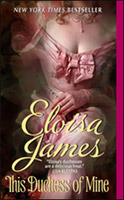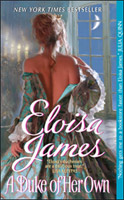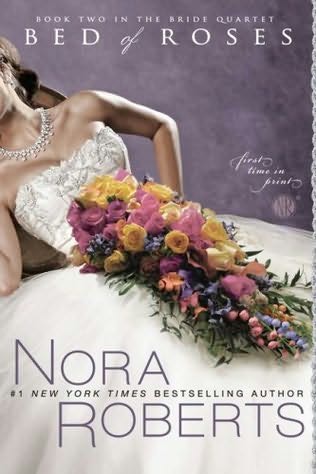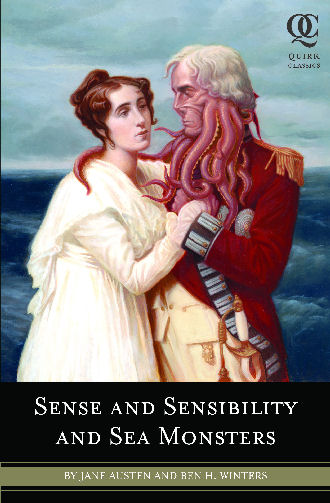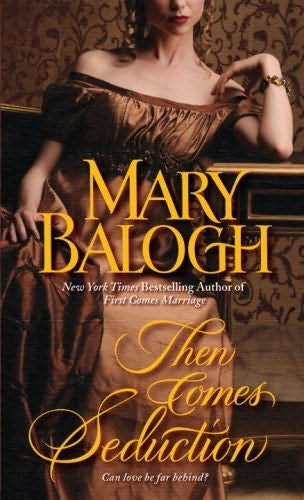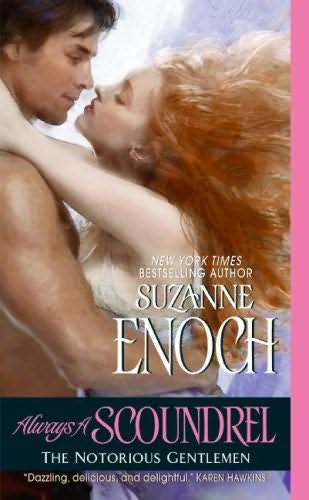I joined two books clubs this summer, and between the two clubs I read four books. (I did not read a fifth book club book due to a longer-than-expected recovery from wisdom teeth extraction surgery. Ouch!) But anyway, here they are.

I don't even know where to start with this book. It is (inexplicably) set in 1991, and it centers around Connie, a doctoral candidate in history at Harvard University. Connie has just been granted candidacy and has to start thinking about thesis subjects when her mother asks her to look after an old house about an hour from Cambridge that belonged to Connie's grandmother. While Connie is exploring the old house, she finds a piece of paper with the words "Deliverance Dane" on them. Because she's curious and seems to want to avoid her thesis work, Connie starts investigating and discovers Deliverance Dane was a witch (at least ruled to be one) that bequeathed a book to her daughter, who then passed it on, etc, etc. Connie searches for this book for the rest of the novel.
Don't waste your time reading this book. I personally don't think it ever goes anywhere interesting. The ending is predictable, and Connie is a fucking idiot. We're supposed to believe she's this brilliant scholar, but the damn woman doesn't even realize what her own name is. Seriously. I'm not making that up. I figured out what her name actually was and what significance it held before she did. Lame. Katherine Howe seems to think that her readers are retarded and will put up with Connie being so dumb.
But what I disliked most about
The Physick Book of Deliverance Dane was that is so obviously full of smug. Howe is clearly a New Englander who did graduate work at Harvard, because, from the way she writes this book, she seems to think that Connie's life is pretty normal. Not only that, she is always throwing in little comments about grad school, Harvard, New England, etc, to prove to the reader that she's an insider or something. It's so annoying, because I really felt like the privilege of her life was completely lost on Howe. I know people say to write about what you know, but most of the world doesn't give a shit about some lame-ass grad student from 1991 who wears a lot of turtlenecks and spends her summer doing NOTHING worthwhile. Meanwhile, people are losing their homes and children are going hungry.

Don't read
Sarah's Key if you don't want to shoot yourself in the head afterwards. Okay, that's unfair. But this book is super depressing.
It is mostly set in modern Paris. The main character Julia is an American who is married to a Frenchman and has lived in Paris for years. She works as a journalist, and one day she is assigned to write about the anniversary of an event in Paris history when the French government collaborated with the Nazi occupiers to detain and deport Parisian Jews. From one of the first deportations, most people went to Auschwitz and a staggering percentage of them died.
I forget how Julia makes the connection, but she eventually links the apartment she and her husband have inherited from his grandmother to a Jewish family that lived there before being taken away, particularly their young daughter. The incredibly sad story revolves around this girl.
I did like this book, but at the same time I didn't. I liked it because it alerted me to a part of French history that I really didn't know about. The author's characterizations of the French people in the book and the way they reacted to it was very interesting, and I got the impression it was something she'd experienced firsthand. A lot of French people do not like to talk about these events because it is a very shameful part of their history. This was not Nazi's knocking on doors, rounding people up, and busing them to their deaths—this was French police and French people. But on the other hand, Julia's reaction to events 60 years in the past that she had nothing to do with struck me as very manufactured. You'd have to read the book to know what I mean, but it just seemed unnatural to me how emotionally involved Julia got.
Fun tidbit: I got a little worked up at the book club discussion of this book after a woman in the group shared her thought that "religion is to blame for all bad things," or something along those lines. I'm all for laying blame at religion's feet when it's due, but I hardly think that the Holocaust can be laid at the feet of religion.

Here's what I will say about
Run: it was a good story, but I didn't really take away any deeper message. The story revolves around an incident in Boston during the winter. Tip and Teddy are black, biological brothers who were adopted by a white couple. When they were very small, their adopted mother died of cancer, and they were raised by their father, Doyle, who eventually becomes mayor of Boston. They have an older brother, Sullivan, who is their parent's biological child.
When they're older, Sullivan is the black sheep who lived through a scandal that damaged his father's career. Doyle has poured all of his energy into Tip and Teddy with aspirations of them going into politics, but neither is interested. Tip just wants to study ichthyology (his major in college), and Teddy is interested in the priesthood (their mother's uncle is a Catholic priest). The three of them (Doyle, Tip, and Teddy) go to a Jesse Jackson lecture Doyle forced them to go to, and as they're leaving a car nearly hits Tip as he's not paying attention. He is saved when a woman knocks him out of the way, only to be hit herself. Her ten year-old daughter Kenya witnesses it. It's not really a spoiler if I tell you that the woman is Tip and Teddy's biological mother, and she's severely injured.
The rest of the book is basically about the aftermath of the accident, and Kenya. Like I said, I really enjoyed the story, but I was not really moved by it, in the sense that I'll remember this book for years to come. Not a bad read, though.
 A Thousand Splendid Suns
A Thousand Splendid Suns, however, is great. A very, very good book. It is centered around two woman from Afghanistan, and their stories are so sad. It is a great way to get a better grasp on what life is like for Afghani women, even though this book spans a couple decades.


